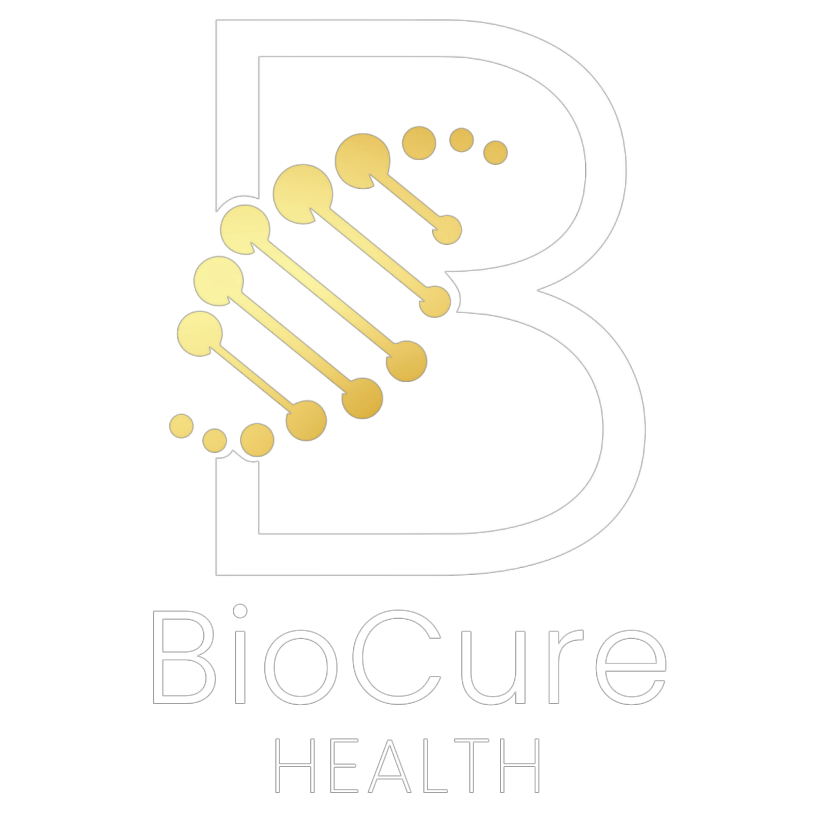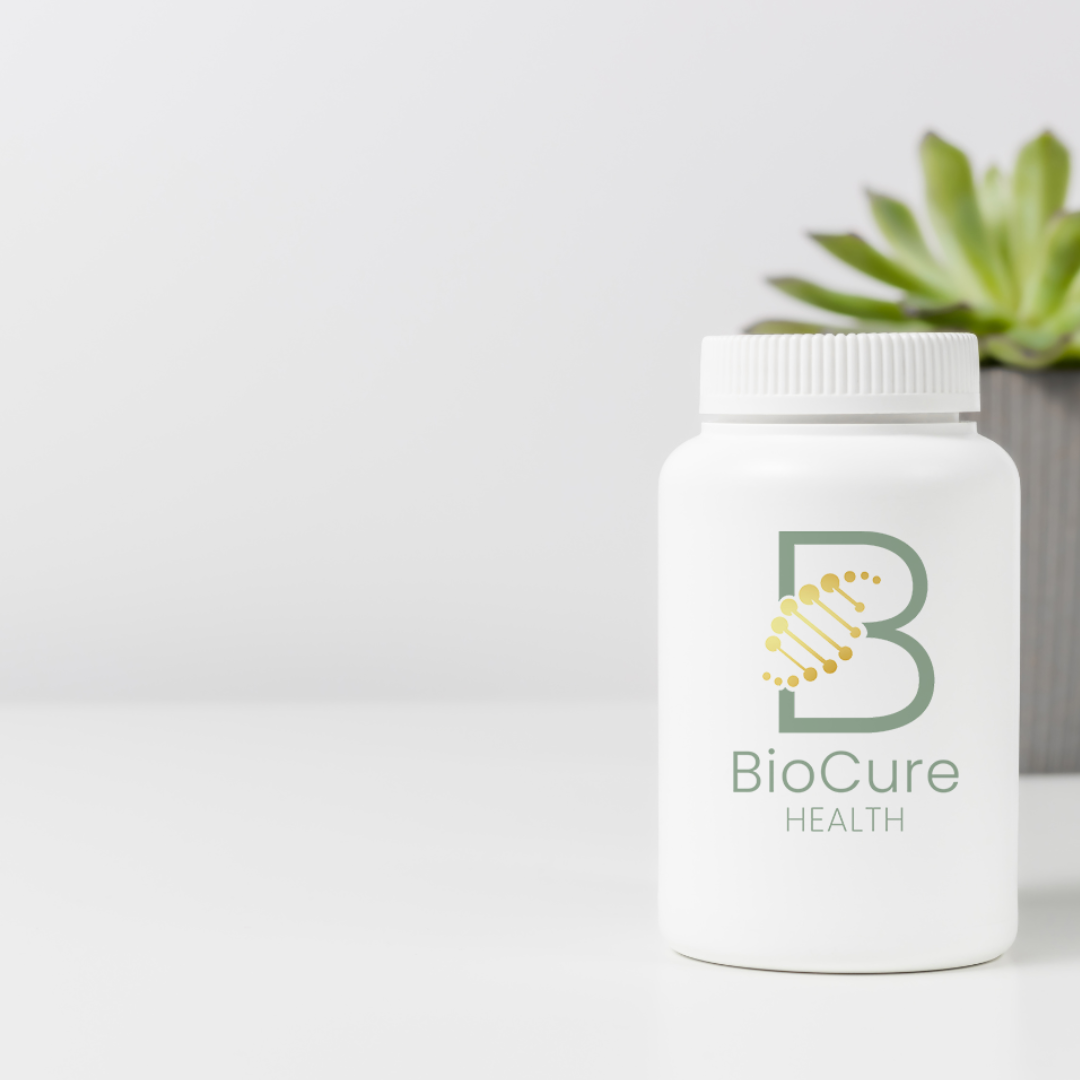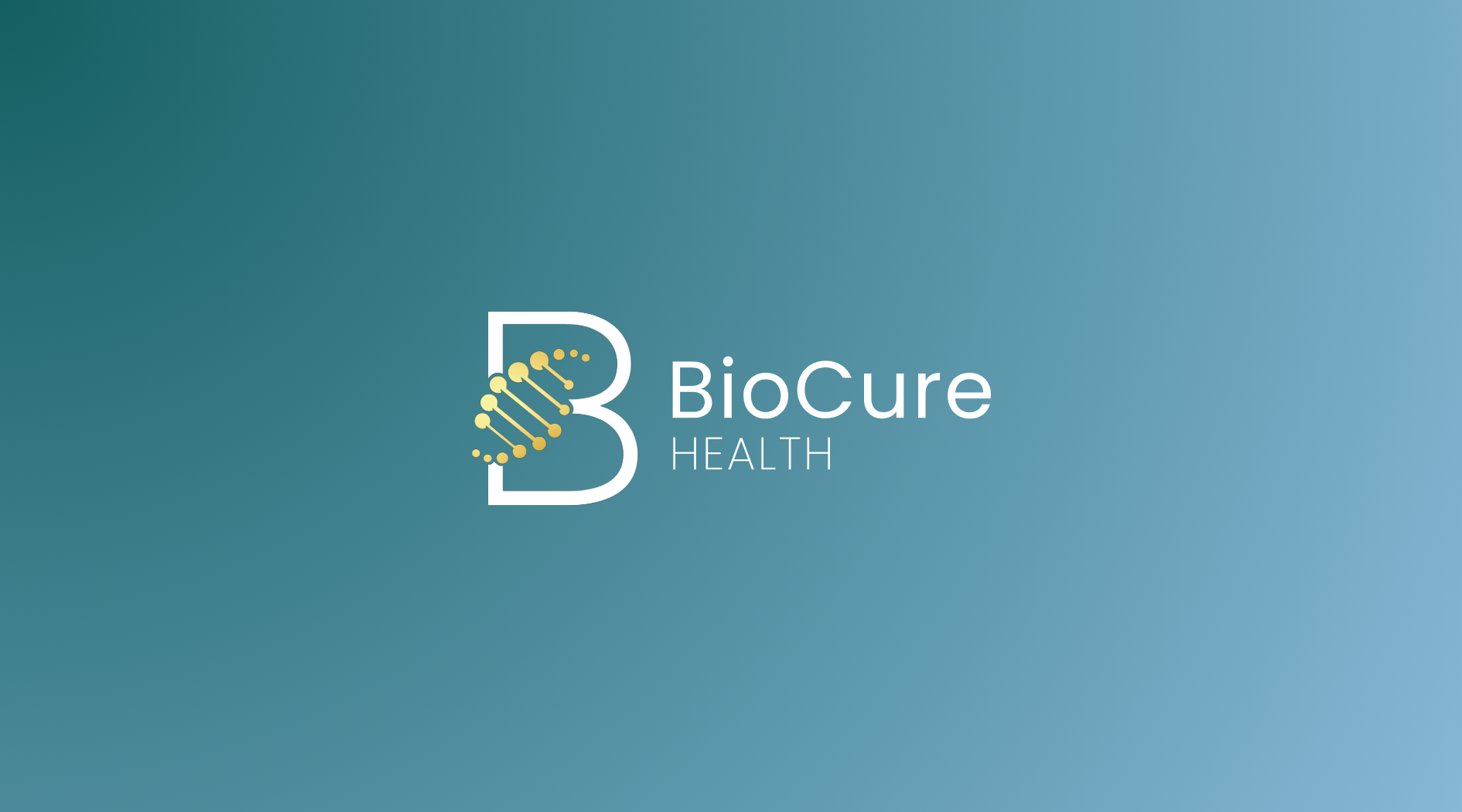Nicotinamide adenine phosphate (NAD+) is a natural molecule found in all living organisms that is essential to the inner workings of our cells. This molecule plays an important role in hundreds of processes within our bodies to maintain cellular function. Because of this critical role, NAD+ has become highly researched in the field of aging. The following is an overview of why our NAD+ levels decrease as we age and how we can naturally elevate those numbers.
NAD+ Levels And Aging
Why Is It Important?
Before diving into the reasons why NAD+ decreases as we age, we must first highlight the importance of this molecule. In the most basic terms, NAD+ is responsible for our cellular health and resilience. However, it also serves a purpose in other essential functions such as triggering cell survival, improving cellular repair, and regulating circadian rhythms. Overall, it’s a vital molecule that is responsible for sustaining our cells as we age.
Reasons Why NAD+ Decreases With Time
Research has shown that as the body ages, we see a decline in NAD+ biosynthesis in tissues and organs. Consequently, activities of NAD+ powered enzymes also slow down, leading to age-related conditions like high blood pressure or diabetes. This decline is believed to begin around the age of 40 for the average adult.
Researchers think that NAD+ levels decline because:
- NAD+ is destroyed by an enzyme called CD38: The enzyme CD38 has been implicated in immune responses and cellular energy metabolism. Researchers have found a correlation between high levels of CD38 and low levels of NAD+.
- Activation of PARPs: As our body tissues age, the DNA repair process slows down resulting in damaged DNA. Within this process, PARPs — a family of related enzymes that play a role in various cellular processes — are activated in an attempt to repair the damage. However, the activation of PARPs increases the utilization and depletion of NAD+.
- Reduced expression of NAMPT: With the process of aging, the expression of NAMPT (Nicotinamide phosphoribosyltransferase), a key component of the biosynthesis of NAD+, decreases.
Although research is ongoing, it’s apparent that NAD+ levels decrease as we age. By supporting our bodies and finding ways to produce more NAD+, we can slow down aging processes and effects.
How To Boost NAD+ Levels
It’s inevitable for NAD+ levels to decrease as we age. However, there are several lifestyle practices we can implement to naturally boost NAD+. Firstly, it’s important to avoid overeating and excessive alcohol consumption as it can further decrease NAD+ levels in the body. Instead, establish a healthy diet with foods rich in vitamins. It’s also essential to exercise regularly as it makes your body produce more mitochondria which results in increased NAD+ levels.
What Is NAD+ Therapy?
Low levels of NAD+ have unfortunately been linked to health issues such as premature skin aging, Alzhemier’s disease, diabetes, heart disease, and vision loss. That’s why at Biocure, we offer NAD+ IV therapy to replenish levels of this vital molecule in your body. The treatment is done through a painless injection which allows the infusion of NAD+ to be delivered directly to the body’s cells for a quick jumpstart to your health. For more information on our different treatments and therapies, contact us today for a free consultation.
